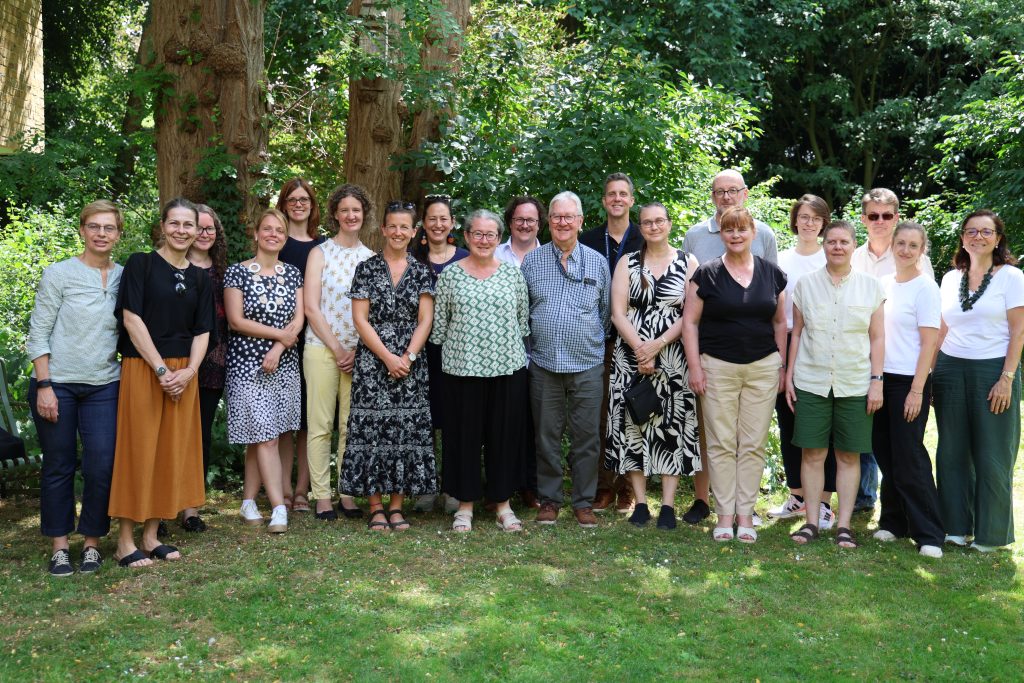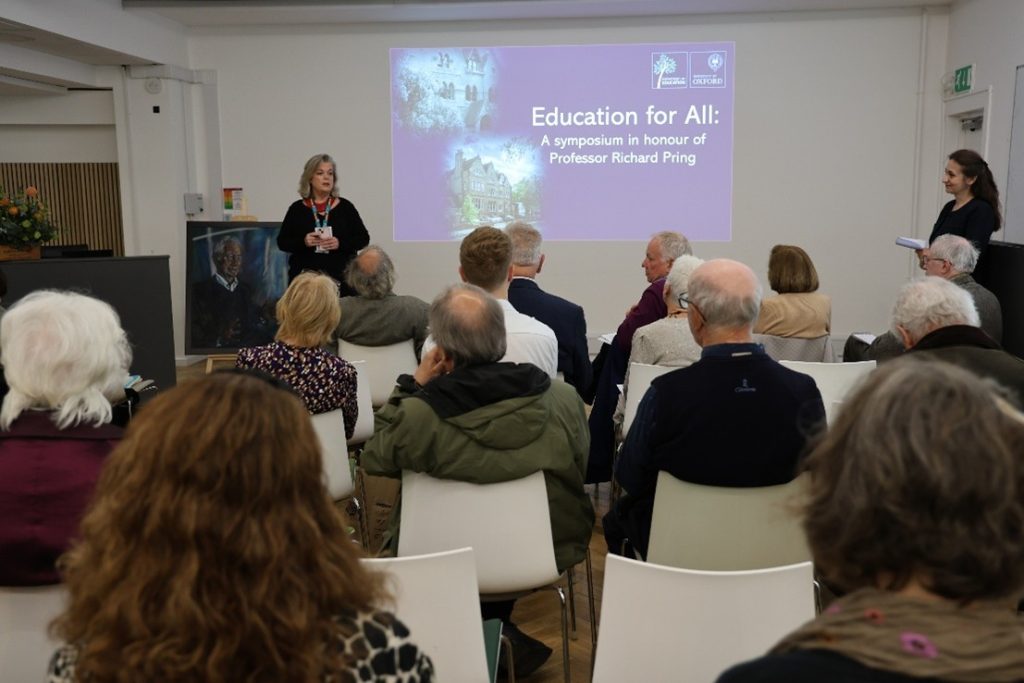Early years practitioners working in socially disadvantaged areas should receive bespoke professional training to help boost children’s English oral language development, finds a new study led by UCL in collaboration with the Department of Education at the University of Oxford.
By changing how staff talk with children, this specialist training increases the amount of talking by children in groups and improves their vocabulary development.
Experts from the IOE, UCL’s Faculty of Education & Society, the University of Oxford’s Department of Education and Newcastle University carried out a trial of a universal language-focused intervention supported by the Nuffield Foundation. The intervention, Talking Time, was shown to empower staff in early-years education settings to boost oral language skills for three to five-year-olds in the lowest quintile for social deprivation.
Previous studies have shown that children in areas of high social deprivation have greater difficulties in language development and are on average nearly a year behind in vocabulary tests compared to children from middle-income families. Additionally, children who are dual language learners often have particular difficulties in English.
Study lead Professor Julie Dockrell (IOE, UCL’s Faculty of Education & Society) said: “This study demonstrates the need for a universal intervention to improve children’s oral language development in socially deprived areas. Furthermore, the positive results impacted on both monolingual English-speaking children and dual language learners, indicating that high quality training has the potential to enhance oracy skills for all children.”
Dr Sandra Mathers (University of Oxford), who developed the professional training element of Talking Time, added: “We are particularly excited about the impact of the programme on the ways in which staff talked with children. This enhances the impact of the small group sessions – giving children’s language a greater boost – but should also give the programme a longer shelf-life because we are building staff expertise to support oral language in the longer term.”
The Talking Time intervention encourages staff to ‘co-tell’ stories with children rather than directly reading the text through small-group activities including word games, co-constructing stories using illustrations, and story retelling based on real situations such as going shopping. The programme also includes training for staff to support them in using evidence-based techniques for talking with children.
To test the intervention, more than 400 preschool children in London and the northeast of England were randomly allocated to either the Talking Time programme or the business-as-usual programme. At the start of the study, 17% of parents or carers reported a concern with their child’s language and only 37% of children were read to every day.
By the end of the study, staff were confident at using more language-supporting interactions, children participated more and there were more back-and-forth conversations between practitioners and children. Teachers said their practice had become more child-led and that children felt more confident to talk, particularly children with weaker language skills and dual language learners.
Furthermore, all participants demonstrated a significant improvement in expressive vocabulary, showing that children can effectively learn new words through guided conversation and play. These gains are particularly noteworthy because the target words for children to learn were implicitly embedded in activities and materials, rather than scripted via formal teaching plans.
The researchers say that with more support, Talking Time could reach more children across England to support the development of the oral language skills they need to do well in school and become lifelong learners.











